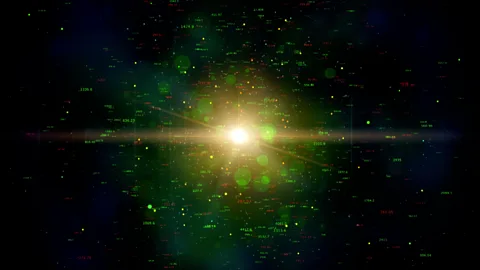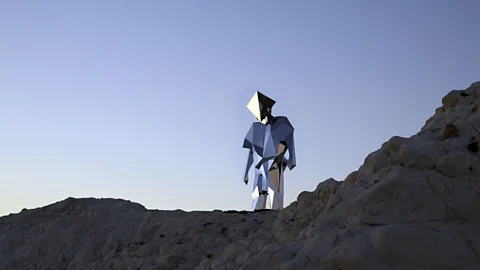The ultimate guide to AI

 Alamy
AlamySmart machines are about to shape your life in hidden ways. Welcome to a special series on AI – exploring the truth about what this technology means for you.
What does artificial intelligence mean to you? If you believe the movies, AI is something theoretical, futuristic…far away. It’s a rampaging robot or a piece of malign code intent on world domination. Recent fears about AI raised by the likes of Stephen Hawking, Elon Musk and Bill Gates have only served to feed that chilling – but pretty unlikely – sci-fi narrative. Or perhaps the AI you know is a clumsy robot failing spectacularly or a chatbot churning out gobbledegook: a long, long way from human intelligence.
The trouble with looking at AI in this way is that it obscures how the technology will actually change our lives. We joke about our future robot overlords, then return to real, human life. The truth is, artificial intelligence surrounds us already – it just doesn’t act in the way we expect. It operates on the financial markets, it underlies search engines and is watching you at almost all times, from your internet browsing history to your behaviour on CCTV. You probably made a decision today that involved some sort of interaction with an intelligent machine.
That’s why BBC Future has decided to run a special series exposing the fictions and truth of AI. Over the next two weeks, we’ll publish thought-provoking articles, intriguing videos and mind-expanding infographics about this world-changing technology. We’ll bust myths, and show what our future with AI will really be like.
 Getty Images
Getty ImagesBBC Future’s Ultimate Guide to AI includes:
- How worried should we be about AI? A comprehensive infographic explainer by IIB Studios.
- Can a machine ever think?
- Why social robots mess with our mind, and how they can tease out our secrets.
- South Korea’s chilling killer robots. We travelled to the country leading the world in artificially intelligent soldiers – they’re here and they’re lethal, we just haven’t switched them on yet.
- Can an algorithm commit a crime? The legal implications of criminal bots.
- The truth about the Turing test.
- And much more...
Artificial intelligence won’t be apocalyptic, but that doesn’t mean its changes won’t be far-reaching. As we hand more and more decisions to intelligent algorithms, they will have some very real human consequences. They’ll raise new ethical questions, expose some of our flawed laws and potentially change our relationships with one another.
AI is already here, and it’s only going to get smarter. But the biggest myth about AI is that it’ll be like our own intelligence, with the same desires; greed, jealousy, hunger for power. In fact, it’s something alien and new. The ‘machine learning’ algorithms that fuel so much of modern life already are often inscrutable; even their designers don’t really know how they form decisions.
We’re building a new form of intelligence, utterly unlike our own – and we need to understand what that will mean for us.
